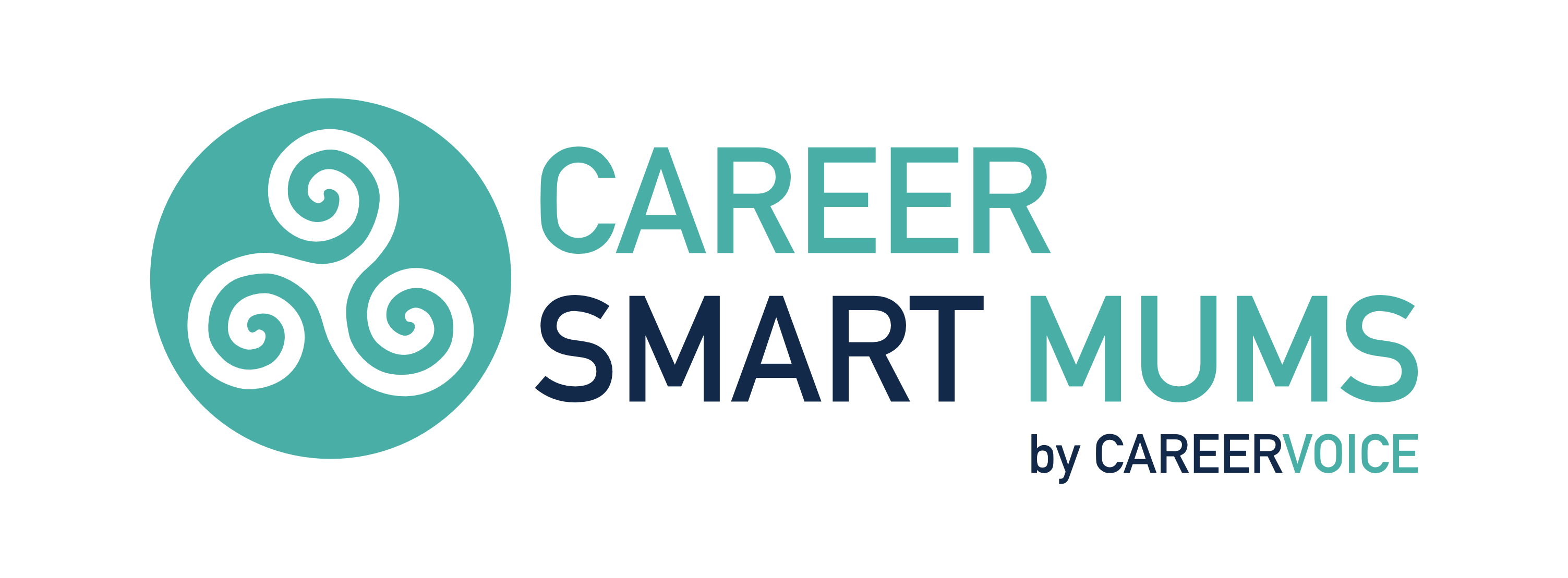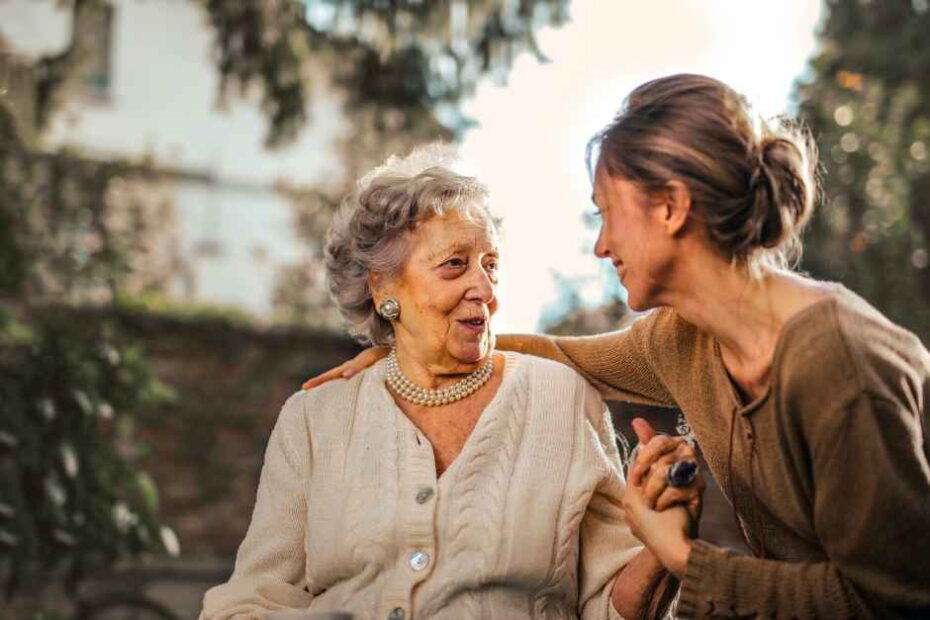As a return-to-work mum, caring for others is probably second nature to you. But it can also be a great career choice. Industries such as allied health and aged care offer a variety of career options, and job opportunities in this sector are on the rise. And for mums looking for flexible working conditions, roles in these industries can be particularly appealing.
Doctors, dentists, and nurses seem the most obvious careers in health, but chances are, you’ve been treated by an allied health professional too. Occupations are varied and include podiatrists, speech pathologists, physiotherapists, occupational therapists, and dieticians, to name just a few. The types of environments you could find yourself working in as an allied health worker are hospitals and outpatient facilities, private practices, aged care homes, community health centres, schools, or sports facilities. If you like interacting with people, and have a genuine interest in helping others, these types jobs could be for you.
Most of these occupations require a university degree, which will generally take 3 years full time to complete. However, you could also consider becoming an allied health assistant, and this can be achieved by completing a Certificate III course which takes a fraction of the time. You may be eligible for the State Government’s Cert III Guarantee scheme https://www.qld.gov.au/education/training/subsidies/pages/certificate if you are in Queensland.
Allied health assistants usually work under the direct supervision of an allied health professional, assisting them in delivering services to their clients. In these roles, you could find yourself performing a variety of tasks, some working directly with clients, and others supporting the behind-the-scenes work of allied health professionals. Allied health assistants typically work with occupational therapists, dietitians, podiatrists, physiotherapists, and speech pathologists.
The jobs forecast for allied health workers is bright: a recent Australian Government labour market report predicted that the demand for health professionals is set to rise largely due the growing public and private expenditure on health services. Another big factor is our ageing population.
You might consider getting into aged care to capitalize on your caring nature. Recent data shows that there will be more than 250, 000 Australians living in an aged care facility by 2025. The demand for employees in this field can only go up, so there are good job prospects going forward.
Aged care facilities not only employ carers, but also many other workers who look after the wellbeing of their residents. Recreational or diversional therapists organise and provide leisure and recreational activities that enhance the social and physical wellbeing of their clients. Roles in the provision of food and beverages for residents include the dieticians and nutritionists who develop menus, to cooks, servers, and food and beverage managers. You could also look out for administrative roles, which, depending on your past experience, may not require you to gain any additional qualifications. And carers don’t only work in aged care facilities. Many carers support people living in their own homes, as community care workers.
To gain qualifications as an aged or disability carer, there are a range of Certificate III and IV courses you could consider, either via TAFE or a private training organisation. Opportunities for career progression in the sector are also good, and you could further your training to become a case manager, respite co-ordinator, or even pursue further nursing qualifications if this interests you down the track.
With so many different fields to enter, and no end in sight to the strong demand for employees, allied health and aged care are options definitely worth considering. Caring for others could be just the career change you are looking for!

